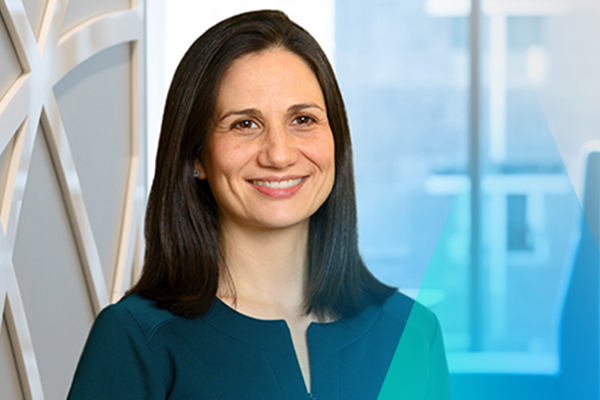E2 – Improving Patient Outcomes by Reducing Clinical Practice Variability in Malnutrition Care
Summary
In episode 2 of our series for Malnutrition Awareness WeekTM, Avalere's Michelle Bruno and Dr. Heidi Silver, research associate professor of medicine and director of the Vanderbilt Diet, Body Composition, and Human Metabolism CORE, discuss implementing a new MQii Toolkit across hospital departments at Vanderbilt University Medical Center. The MQii Toolkit provides practical, interdisciplinary tools and resources to help hospitals implement malnutrition best practices across all aspect of malnutrition care (e.g., screening, assessment, diagnosis, discharge planning).Panelists
This interview was originally published as a podcast. The audio is no longer available, but you can read the transcript below. For updates on our newly released content, visit our Insight Subscription page.
Explore Other Interviews in This Series
E1 – Malnutrition Among Hospitalized Adults: An Opportunity to Improve Care and Reduce Readmissions
E3 – The Critical Role of Patients in Optimal Malnutrition Care
E4 – Advancing Malnutrition Care Through De Novo Electronic Clinical Quality Measures (eCQMs)
E5 – A National Call Action: Using Tools to Defeat Malnutrition Care Challenges in the United States
Transcript
Michelle: Welcome to today’s discussion. I am Michelle Bruno, a Senior Manager at Avalere Health and a contributor to the Malnutrition Quality Improvement Initiative (MQii)—a collaboration of the Academy of Nutrition and Dietetics, Avalere Health, and other organizations dedicated to improving nutrition care. Joining me today to talk about the MQii and implementation of its tools is Dr. Heidi Silver. She is an associate professor at Vanderbilt University Medical Center in the Division of Gastroenterology, Hepatology and Nutrition, and the director of the Vanderbilt Diet, Body Composition, and Human Metabolism Core Lab. The Medical Center served as the primary demonstration site that tested the MQii Toolkit . Thank you, Dr. Silver, for joining Avalere on the podcast today and for embarking on the MQii journey with us. I’ll begin with my first question.
The MQii tool was intended to be used with a multidisciplinary team of physicians, nurses, dietitians, and other hospital staff. Can you tell us how implementation of MQii achieved communication or coordination among these different staff to improve malnutrition care? Where there any challenges in getting a multidisciplinary staff to work together to enhance malnutrition care?
Heidi: I think that being that we are an academic medical center, we are used to working together in a multidisciplinary format. But this project implementing the MQii provided an opportunity to incorporate dietitians more in the nursing care process, for example, the change of shift hand-offs, and the team huddles that nurses have. And it also provided an opportunity to include malnutrition attention more in the daily physician rounds that led to greater discussion of the potential for malnutrition in patients and in units that we implemented the toolkit.
Michelle: Once your care teams were educated on the importance of malnutrition and the best practices for optimal care outlined in the MQii Toolkit, where did you see the greatest improvement in your malnutrition care processes?
Heidi: So, we saw three particular areas where there were significant improvement. One was in the time between a patient being screened for malnutrition risks and having a diet order that was appropriate for someone who is at or already has malnutrition. The second was in the consistency between having a dietitian diagnose malnutrition and physicians diagnosing malnutrition … so closing that gap. And the third was in the consistency in which the dietitian’s intervention for malnutrition care was incorporated into the discharge plan.
Michelle: Those are three very important areas. Can you tell us about the impact these important changes had on your patients? Did you see patient outcomes in the different units improve as a result of these changes in your malnutrition care processes?
Heidi: We don’t have hard data yet on patient outcomes. But it seems apparent from what we’ve observed that the consistency of the diagnosis led to improvement in the orders being written for the recommendations from the dietitians, and a more comprehensive and adequate intervention with regard to patients malnutrition and their risks for malnutrition. And that also continues in the entire care continuum into the discharge plan now, where in the past the malnutrition care might have been overlooked in the discharge process.
Michelle: And do you mind sharing just a little bit about what your discharge planning entails now for malnutrition care?
Heidi: I think there is more incorporation of communications between the nurses who are formulating the plan and the social workers and other care givers with the dietitian and the orders that have been written for malnutrition care. So, I think it’s not a hard outcome that we can measure directly, but it’s a lot greater attention and awareness and inclusion.



